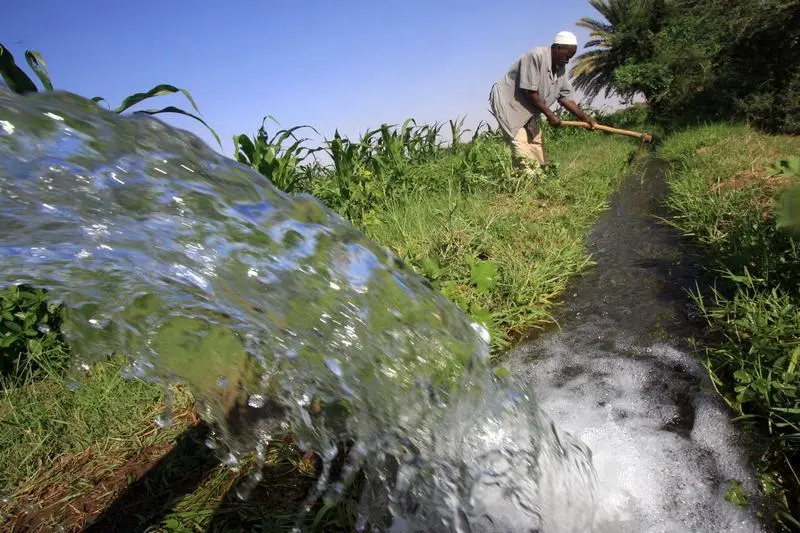PHOTO
Bahrain is looking for investors to develop agriculture projects in Sudan, a government official said.
Bahrain plans to invest in agriculture and livestock projects in Sudan and other African states to achieve food security and supply neighboring countries, a government official said.
Sheikh Khalifa Bin Isa Al Khalifa, agriculture and marine resources undersecretary at the Ministry of Municipalities Affairs and Urban Planning, told Zawya that these investments would provide Bahrain direct access to food production and storage bases.
"Even if we feel we are self-sufficient, we should consider storing food in neighboring countries to guarantee our future. It is not just agriculture; we also need silos, as our storage capacity is not enough."
"The starting point will be in Sudan, but at the same time, we are planning to access Ethiopia, Somalia, Djibouti and Egypt. We will rent, and not build, those silos in cooperation with a specialized Italian company," he said, without naming the firm.
The undersecretary said that Sudan had granted Bahrain 42,000 hectares, with usufruct rights for 99 years, for agriculture and livestock projects and that the ministry is looking for Bahraini and other investors to implement them. He said a foreign company has submitted bids to invest in those projects, but did not elaborate.
"Naturally, if we maximize the potential of those lands, we would be able to reduce our dependence on importing major commodities like meat, wheat, rice and barley. Furthermore, those farms have the potential to produce more than what Bahrain needs, so we will be able to export food products," he added.
The official did not disclose the size of the planned investments or give a timeframe.
LOCAL PRODUCTION
Gulf Arab states, which depend on imports for the bulk of their food, began investing in farmland overseas around 2008, mostly in the developed world, but many projects have been hampered by security and infrastructure problems.
Gulf states have also launched domestic agriculture programs, but face steep costs due to the desert climate and lack of water resources.
The undersecretary said that the biggest challenges facing agriculture in Bahrain were scarcity of farming land due to urban expansion, concern over soil salinity and a shortage of irrigation water for commodities like wheat, rice, fava beans and sugar crops.
"Therefore, we considered protected agriculture to minimize the use of water. We depend on vertical farming to increase production and seeds, as well as to reduce waste before and after the harvest, he said.
Sheikh Khalifa said that the Bahraini government used to subsidize 40 percent of farming costs, but that since 2015 it has been subsidizing 60 percent of the cost. The Housing Bank also provides direct financial support to farmers.
Farmers are also provided with irrigation equipment, pesticides and fertilizers, as well as agricultural counselors.
"We have plans to increase livestock in Bahrain, which we hope would bridge the supply gap in imported meat. We have proposed many projects for livestock breeders, in addition to the subsidies that they get to order to increase local production," he said.
Bahrain has recently moved to lift some subsidies as part of efforts to cut costs after the sharp drop in oil prices. Last month, the kingdom doubled beef and poultry prices in a politically sensitive measure.
© Zawya 2015





















